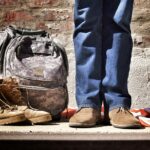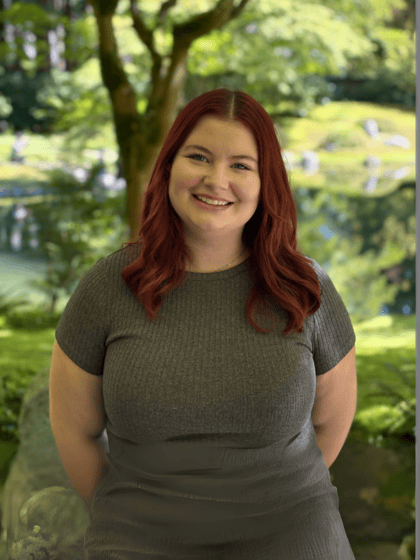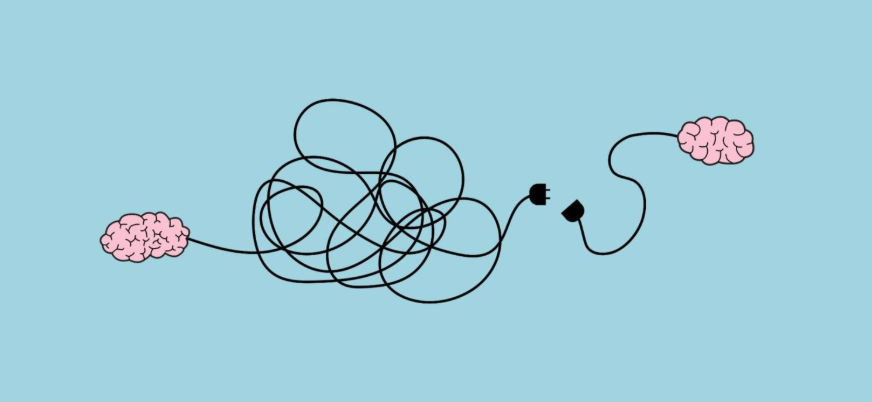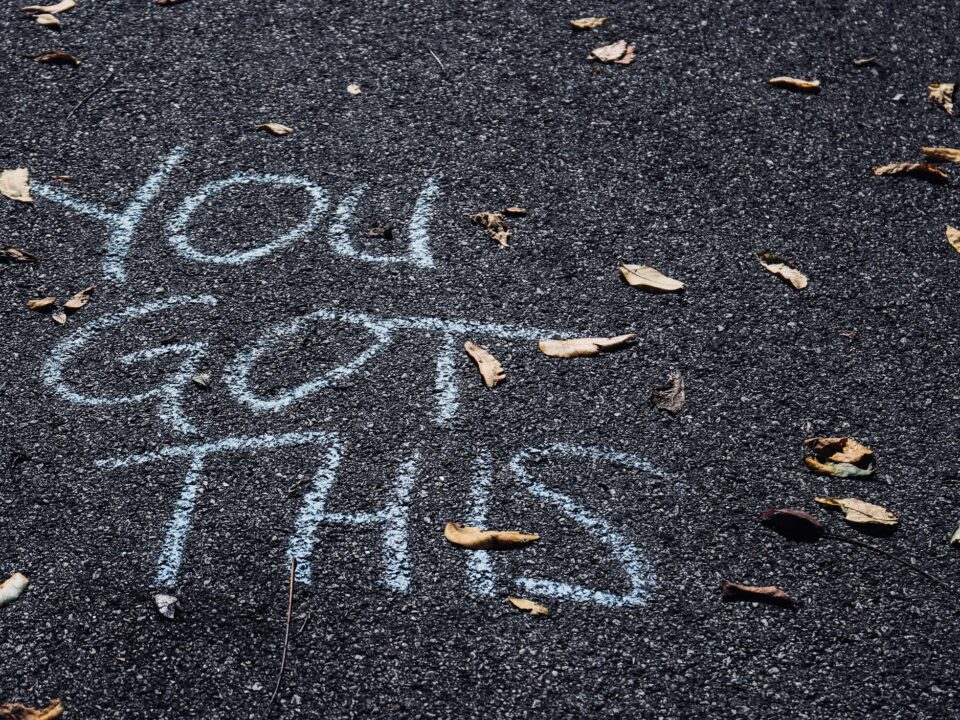
Brain Mapping and Counselling: How Understanding Brain Patterns Can Guide Therapy
October 25, 2025
Honouring Veterans: Accessing Mental Health Support Through VAC Funding
November 11, 2025Everyone deserves a space to heal, a place where you can show up as your full self and feel truly understood. For many Indigenous peoples living with disabilities across British Columbia, finding that kind of support can be difficult. There can be layers of barriers, from physical accessibility to cultural safety.
At OK Clinical Therapy Group, we are committed to creating spaces where every story is honoured. Our approach is inclusive, trauma-informed, and grounded in respect for both culture and individuality.
Understanding the Intersection of Indigeneity and Disability
Living with a disability can bring on daily challenges, and for Indigenous peoples, those experiences often overlap with the ongoing impacts of colonization and systemic racism. This means many Indigenous individuals face additional barriers to receiving the care and support they deserve.
Groups such as Race and Disability Canada and Indigenous Disability Canada (BCANDS) remind us that identity and disability are not separate parts of who we are. They are interconnected and deserve equal recognition in healing spaces.
Every November, Indigenous Disability Awareness Month (IDAM) celebrates the strength and contributions of Indigenous peoples with disabilities. It is a powerful reminder that these conversations are rooted in resilience, strength, and community.
What Does Inclusive Counselling Really Mean?
When we talk about inclusive therapy, we mean more than accessibility features or physical spaces. True inclusion is about creating a counselling experience where every person feels respected and valued.
At OK Clinical, that means offering sessions in different ways, including in person, by phone, or online. We want clients to choose what feels most comfortable for them. We also use clear, simple language and adaptive tools whenever needed, so communication is never a barrier to healing.
There are some great organizations in B.C. that share this same commitment to accessibility and equity, including Disability Alliance BC and the Government of B.C.’s disability support programs. These programs help all of those with disabilities access resources suited to their needs.
Indigenous Ways of Healing and Wellness
In many Indigenous cultures, wellness is about balance. Caring for the mental, emotional, physical, and spiritual parts of life. Healing is often found in connection with the family, land, our ancestors, and ceremonial practices. As a Métis woman, I often look to the medicine wheel as an example of wellness in terms of the balanced lifestyle.
The Indigenous Wellness Training Society (IWTS) does incredible work in this area, blending traditional teachings with modern wellness practices. As counsellors, we have learned a lot and still have a lot to learn from these approaches. When invited and appropriate, we collaborate with Elders, knowledge keepers, or Indigenous wellness workers to ensure care reflects both cultural and personal needs.
Healing looks different for everyone. For some, it may be talk therapy. For others, it might include art, movement, mindfulness, or reconnecting with community and culture. What matters most is that healing feels right for you.
Creating Safer, More Supportive Spaces
Our counsellors are always learning and growing. We take time to listen to Indigenous voices and reflect on how to make therapy more culturally safe and inclusive. Cultural safety training and humility are an ongoing part of our practice.
We also stay connected with organizations such as the Native Courtworker and Counselling Association of B.C. (NCCABC) and BCANDS, which provide valuable community-based supports. Having access to these resources help us ensure our clients can be connected to a network of care that includes counselling, advocacy, and community resources.
Getting Started: Finding Support in B.C.
Reaching out for counselling is a brave and meaningful step, and we want that process to feel easy and welcoming. Whether you prefer in-person sessions at our office or virtual appointments anywhere in British Columbia, our team is here to meet you where you are.
If you would like to explore community options, these are some wonderful places to start:
- BCANDS – advocacy and programs for Indigenous peoples with disabilities
- Disability Alliance BC – accessibility and information resources
- OK Clinical Therapy Group – counsellors who are FNHA certified and covered by FNHA funding
Walking the Path Together
Healing is not a straight line. It is a journey shaped by culture, history, community, and lived experience. For Indigenous peoples with disabilities, inclusive counselling can help reconnect those threads in a way that feels safe and empowering.
At OK Clinical Therapy Group, we are honoured to walk beside individuals and families on that path. Together, we can create a space where every voice is heard, every story matters, and every person feels that they belong.
You can book a consultation with any of our FNHA-certified counsellors through our website or by calling (250) 718-2921.

Written by: Kassidy McMillan
To book: Click Here!





